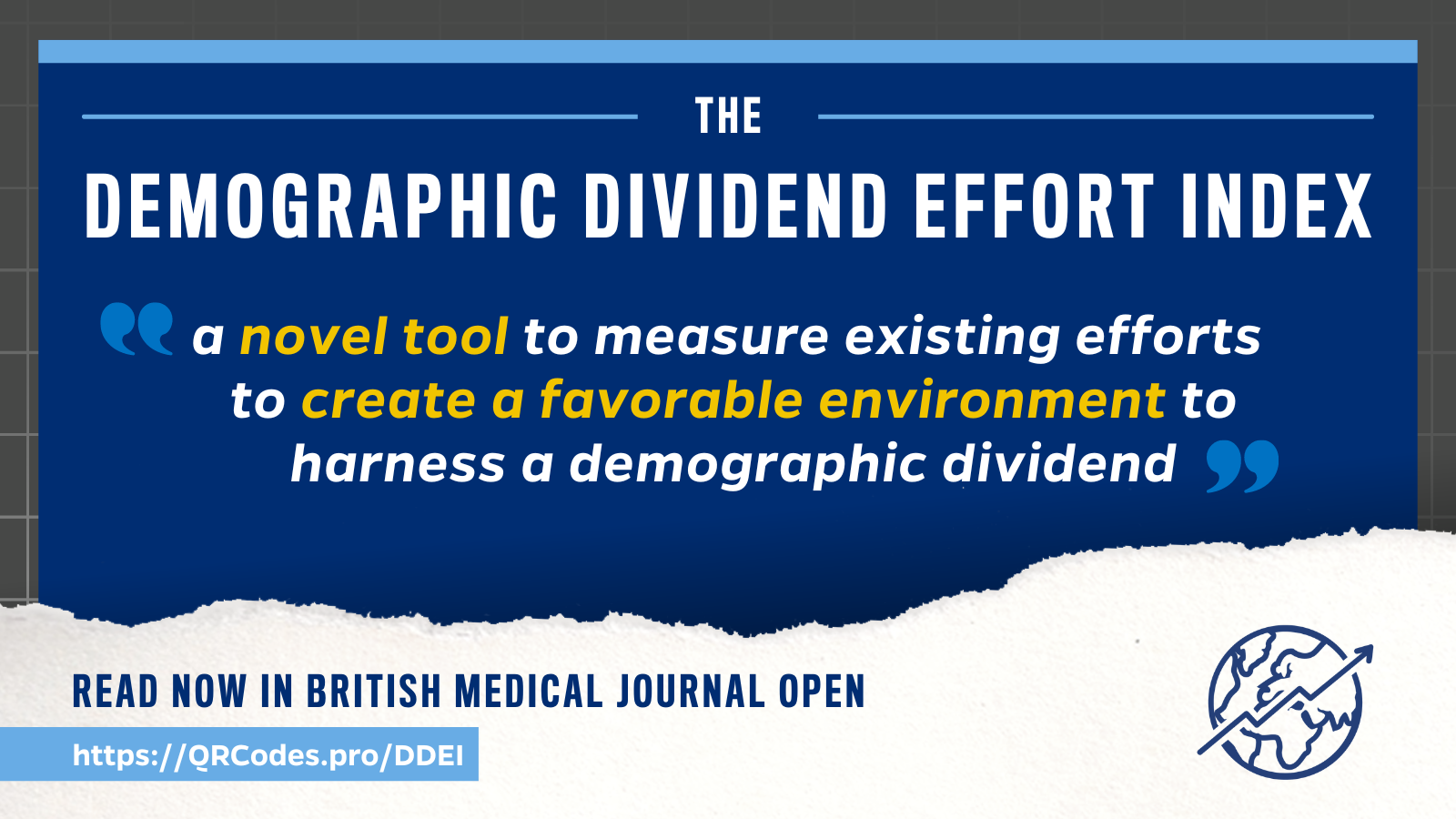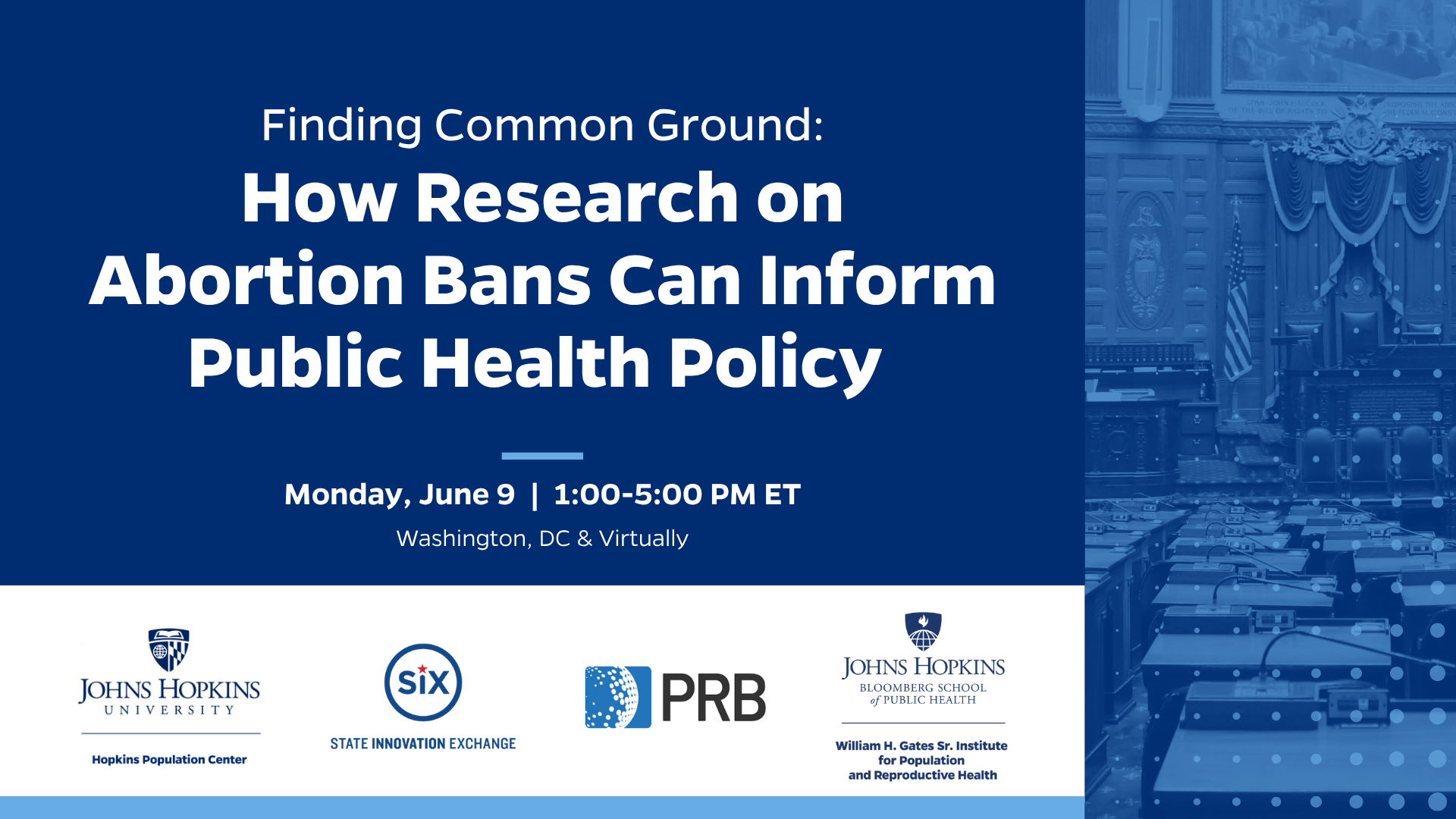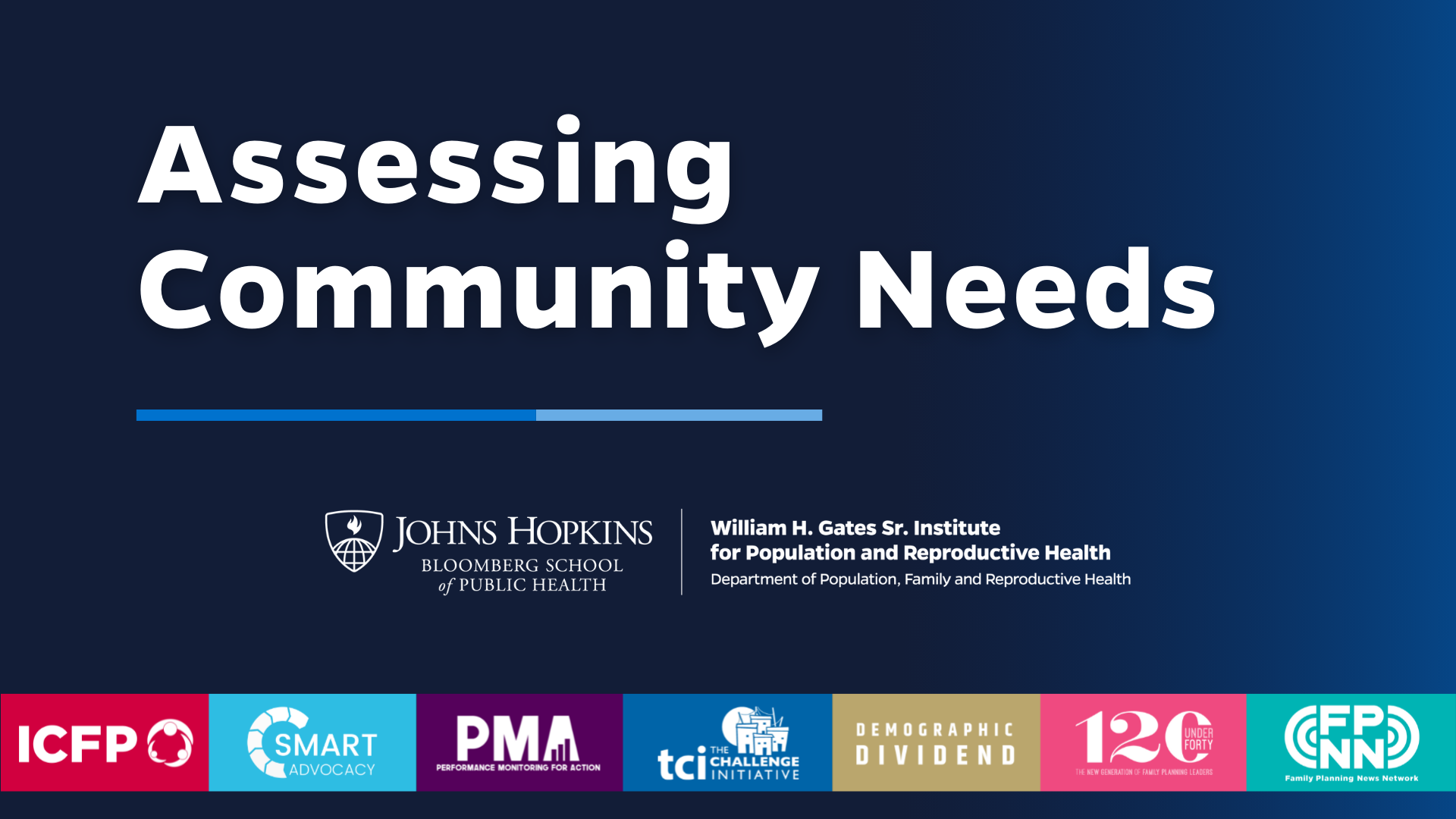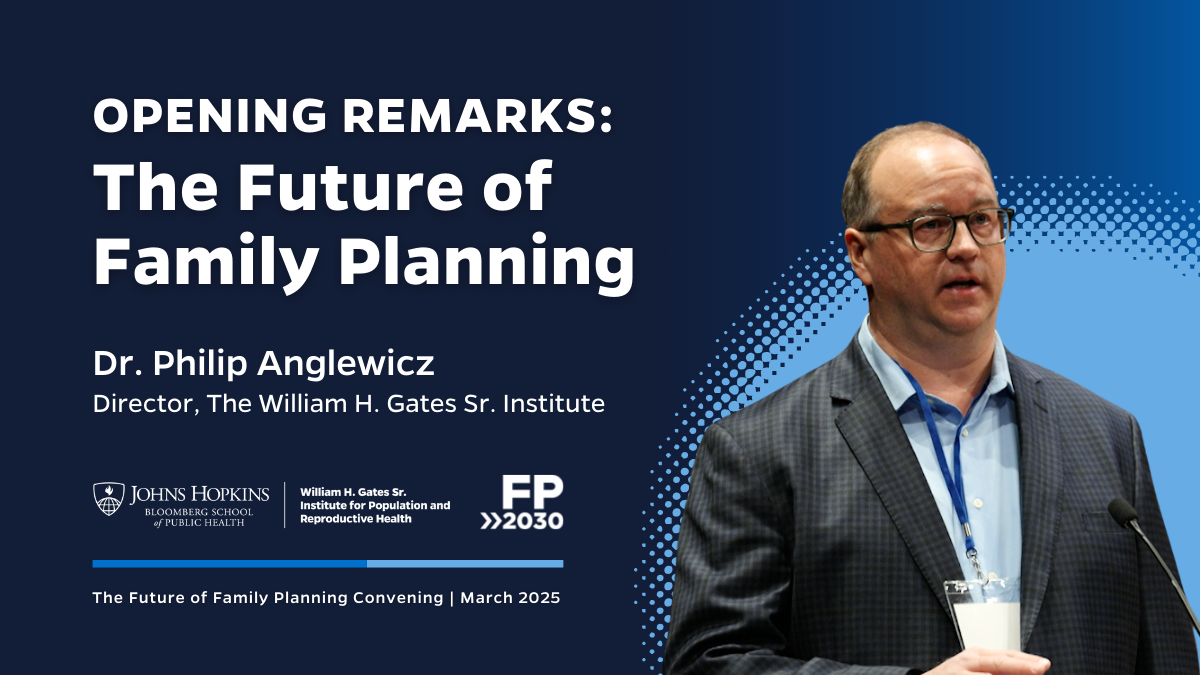For more information, please contact:
gatesinstitute@jhu.edu
410-955-2232
DATE
April 12, 2023
British Medical Journal Open Publishes Gates Institute’s Novel Demographic Dividend Effort Index Tool
[Baltimore, MD] – Measuring the level of efforts to create a favorable policy environment to harness demographic dividend just got easier with the Demographic Dividend Effort Index (DDEI) – a multidimensional innovative measurement tool developed by the Gates Institute’s Demographic Dividend Initiative. An article in the British Medical Journal Open, published March 23, 2023, features the DDEI. The paper can guide policymakers, researchers, advocates, and service providers through a process of assessing local efforts in implementing policies and programs to create a favorable policy environment to harness the potential benefits of a demographic dividend.
The DDEI aims to provide a standard measure to quantify the nature and strength of in-country demographic dividend efforts in governance and economic institutions, family planning, maternal and child health, education, women’s empowerment, and the labor market. These are the key sectors identified as necessary to harness the benefits of a potential demographic dividend in sub-Saharan African countries.
The study collected data through an online questionnaire administered to local experts with at least three years of experience in public and private sectors, non-governmental organizations, or academia. The questionnaires measured current efforts to harness a demographic dividend across six sectors in Kenya, Senegal, Nigeria, Rwanda, Tanzania, and Ethiopia. Surveys were administered in two waves to accommodate country lockdowns as a result of COVID-19.
Results of the study demonstrated the utility of the DDEI in providing measurements of effort for harnessing the DD potential to achieve socio economic growth. The tool is able to identify sector-specific gaps in the implementation of policies and programs, as well as to identify areas of improvement in research and advocacy. The index proved to be a reliable and internally consistent tool, fostering measurements, dialogue and innovation in six key sectors that have the potential to cultivate the DD.
“While this study has proven to be a valid and reliable tool, the next steps would be to validate it externally with output measures, such as modern Contraceptive Prevalence Rate and economic growth, in order to inform policies in the African region,” said study author Carolina Cardona, MPH, PhD, Assistant Professor in the Department of Population, Family and Reproductive Health at Johns Hopkins Bloomberg School of Public Health.
The African Union has identified this decade as the decade of demographic dividend after it launched an initiative on DD in Africa. Member states have made remarkable progress in integrating DD into their development plans. As such, the need for performance assessment tools and platforms like the DDEI can supplement other tools available to policy makers at the country level.
The Demographic Dividend Effort Index serves as a complementary tool to existing global development monitoring tools that keep track of output indicators. Its ability to identify specific gaps in policy implementation makes it an invaluable tool for decision-makers looking to create a favorable policy environment to harness the benefits of a demographic dividend. The DDEI has been translated into English and French, and future translations into other languages are recommended for broader application.
###
About the Demographic Dividend
The demographic dividend refers to the accelerated economic growth of a country that begins with changes in the age structure. Decreased fertility and improved health can lead to a shift in the age structure of a population, decreasing the ratio of dependents to working adults. In conjunction with other important factors, this reduced dependency ratio can open the door for a period of economic growth termed the demographic dividend. Following the global Demographic Dividend (DD) research, advocacy and communications efforts, the majority of the African Union member states have made remarkable progress integrating the DD into their development plans. The progress has elucidated the need for performance assessment tools, platforms to document best practices, and lessons learned to harness the DD.
Additional Demographic Dividend Research from Gates Institute
The Bill & Melinda Gates Institute for Population and Reproductive Health has been a global leader in driving the demographic dividend work, particularly with African partners. The Institute has convened workshops and meetings for stakeholders to share knowledge in this area and take action, and has summarized these learnings in country reports available on our website. This has been a key activity of the institute since September 2011, and continues to generate knowledge to support the promotion of the demographic dividend policy framework.
The Gates Institute’s DD framework identifies family planning, maternal and child health, education, women’s empowerment, labor market, and governance and economic institutions as key areas of support to harness a DD. A new study conducted by Gates Institute researchers utilizes DDEI data for analysis. The abstract, “Measuring consensus in the perception of national efforts to harness a demographic dividend among local experts,” was presented at the 2022 International Conference on Family Planning and has been accepted to the 2023 Population Association of America Annual Meeting, as well as the International Health Economics Association Annual Congress.
About Gates Institute
Located in the Department of Population, Family and Reproductive Health at the Johns Hopkins Bloomberg School of Public Health, the Gates Institute is dedicated to the advancement of scholarship and science for social change. The Institute conducts and facilitates cutting-edge research in family planning, adolescent and youth reproductive health and population dynamics, and translates science into evidence-informed policies, programs and practice. For more information, please visit www.gatesinstitute.org.
Funding: This work was supported by the Bill and Melinda Gates Foundation.









